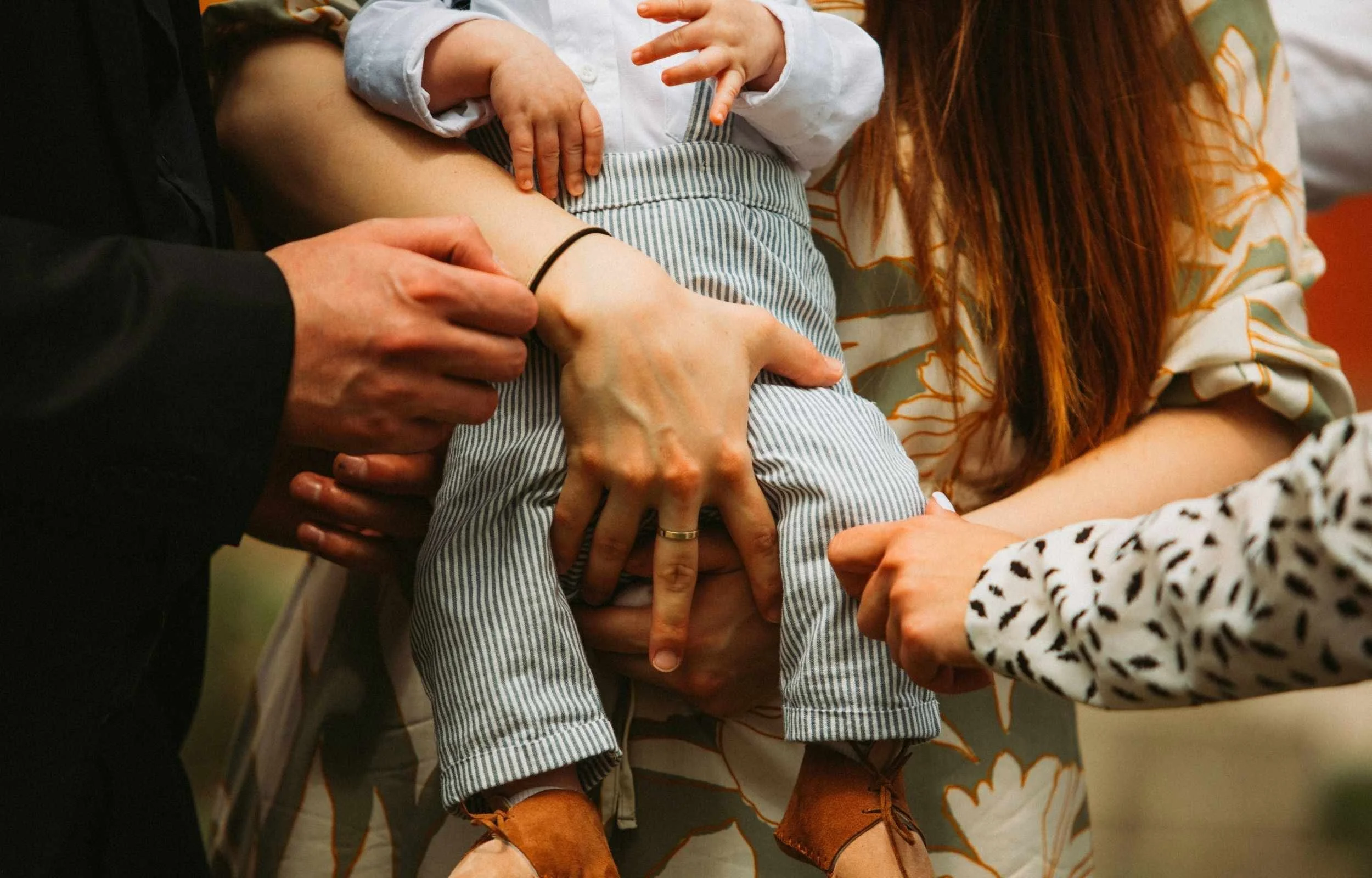You’re raising children while also caring for ageing parents. Managing school drop-offs, pick-ups, doctor’s appointments and work deadlines, while somehow keeping track of homework, payments, medication schedules and emotional meltdowns.
Everyone needs something from you. But there never seems to be enough of you to go around.
But behind the role is a person who’s stretched thin. Tired, overwhelmed, and quietly grieving the life they no longer have the capacity to live.
And often, the ones you care for don’t even ask how you are.
The guilt is relentless
You feel guilty for not being present enough with your children.
You feel guilty when you snap at your parents or forget a medical appointment.
You feel guilty about wanting time for yourself, or rather, about wanting to run away from it all.
You replay conversations in your head, wondering if you could’ve been more. More patient. More present. More available.
Sometimes the expectations are spoken. Other times, they come from within. You tell yourself you should cope better. That other people manage. That you need to push through.
But guilt often grows in the gap between what you expect of yourself and what you’re humanly able to give.
And when you’re carrying multiple roles with no room to rest or refuel, that gap widens fast.
You’re not failing. You’re doing your best in impossible conditions.
The loneliness is loud
Many in the sandwich generation don’t talk about their struggles. There’s pressure to appear capable. Responsible. Grateful. Filial.
So you swallow your exhaustion. You push through the sadness. You tell yourself others have it harder, and that you should just cope.
But swallowing the struggle only makes you feel lonelier.
It’s OK to say this is hard. It’s OK to want support. Naming your reality is not complaining. It’s authenticity. It’s courage. It’s your truth.
Signs you might be running on empty
Ψ You wake up already exhausted
Ψ You’re emotionally numb or unusually irritable
Ψ You cry often, sometimes without knowing why
Ψ You feel trapped, resentful, or hopeless
Ψ You think about disappearing, not out of harm, but to escape the weight
These are not signs of weakness. They’re signals that your body and mind are running out of reserve.
What helps
1. Name your needs, out loud
Many in the sandwich generation have spent so long caring for others that they’ve forgotten how to advocate for themselves. Start small. “I need a break this weekend.” “I need someone else to handle the groceries.” “I’m not OK.”
2. Share the load, even if it’s imperfect
You don’t have to do it all, or do it perfectly. Let your partner do the bedtime routine, even if they forget the right toothbrush. Let your sibling take over one of the medical appointments. Outsource when you can. Release the grip of control where it’s safe to do so.
3. Carve out true rest
Not scrolling in bed. Not catching up on housework. But something that nourishes you. A nap. A shower. A cup of tea. Reading. Walking. Sitting alone. Closing your eyes for a bit. It might only be 10 minutes. Protect it like it matters, because it does.
4. Grieve without guilt
You’re allowed to mourn the life you thought you’d have. You’re allowed to feel frustrated. You’re allowed to not love every moment. None of this makes you a bad parent, child, or spouse. It just means you’re human.
5. Seek safe spaces
Whether it’s therapy, a support group, or a trusted friend, find people who don’t need you to be strong all the time. You deserve spaces where your needs are front and centre too.
6. Add elements to look forward to
Don’t let parenting or caregiving dull your life. Do what you like with the people you love. Share in the enjoyment. Listen to a favourite beat. Eat some comfort food. Watch a childhood show or movie. Do a silly face or dance. You don’t need to sacrifice your happiness in the process. Pair these elements with activities in the routine.
You are not failing
If no one has told you lately: You are doing so much.
You are allowed to feel weary. You are allowed to need help.
You are allowed to exist not just as someone else’s support system.
It’s not selfish to care for yourself. It’s survival.
And you need care too.

